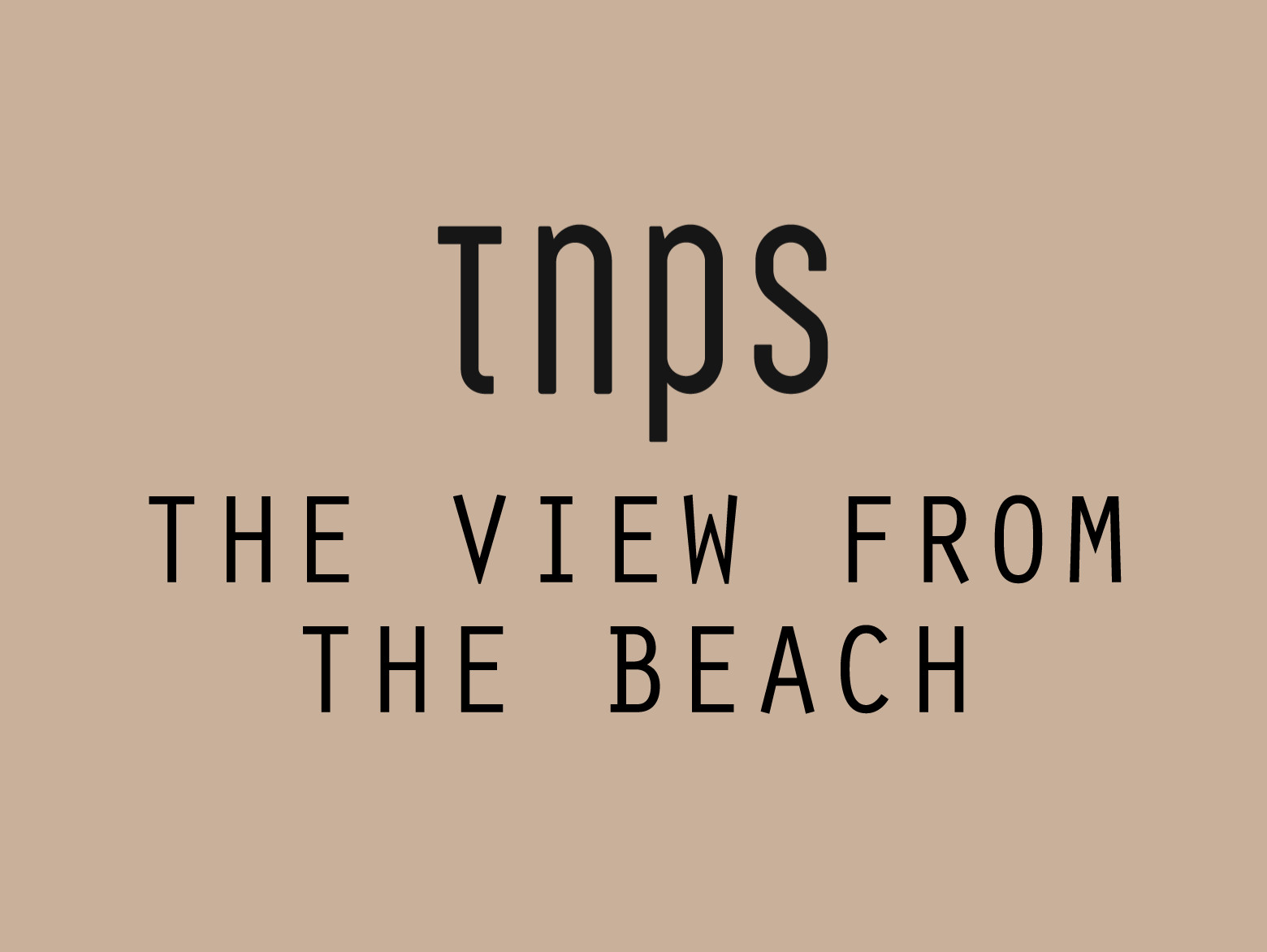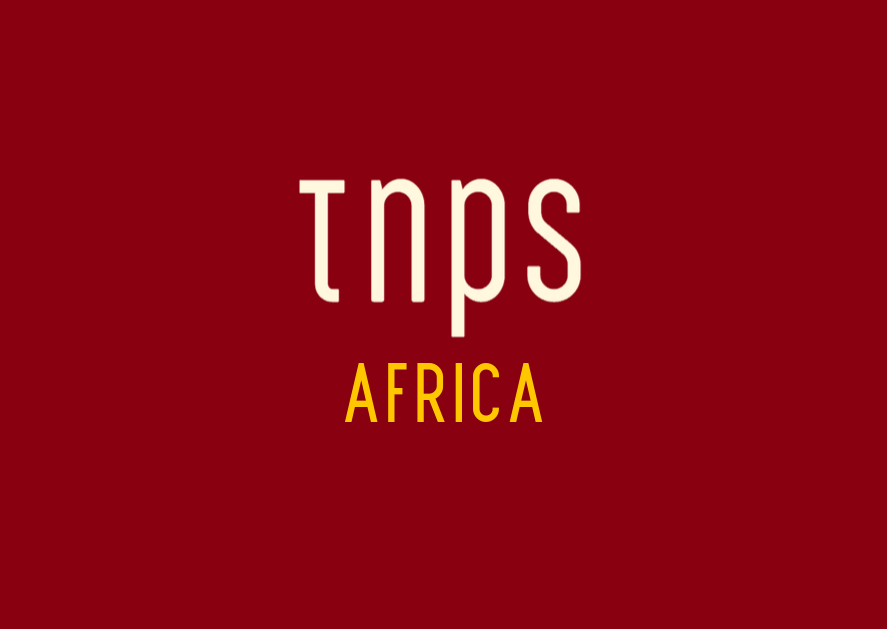Tom Cruise. Natalie Portman, Patrick Stewart… The San Diego Comic Con has been dominated by celebrity news about the latest film, TV, comics and games. The attention economy in action, right? How can publishing compete in this brave new world?
But actually it’s a reminder that the games, films, TV and celebrity that grab the headlines are very often owe their existence to the publishing industry, and do more good than harm to the culture of reading.

At San Diego this week one of the big news items was the trailer release for the 2020 Netflix adaptation of the hugely popular video fantasy game The Witcher.
Or so you might have thought, looking at some of the coverage. But as The Wrap reminds us, the aforesaid popular video games were themselves based on a series of novels by Polish author Andrzej Sapkowski, and those books have already been adapted for TV in Poland, and have spawned a comic book series.
While the initial TV series by Netflix will be adaptations of Sapkowski’s books, the series of three games from CD Projekt Red are themselves follow-on material from where the books left off.
With excitement building about the TV show, and comparisons being made with the Game of Thrones franchise, the question came up, what happens when Netflix has finished adapting the books. Will it adapt the game shows?
Showrunner Lauren Schmidt Hissrich deems that unlikely.
Extreme long vision is no, we will not start adapting the games. I can only attack one season at a time, I’m so excited for this one, the rest kind of makes my mind explode right now. If someone says ‘what happens in Season 7,’ sure I have thoughts. Fingers crossed, we get there.
The Witcher is of course just one of countless films, TV series and games at San Diego Comic Con that owe their existence to the publishing industry, and that in turn fuels new demand for the original comics and books that begat the games and video.
Which in many ways turns the attention economy debate on its head, because just as readers are attracted to TV and games, so video and games fans are drawn to the books and comics that they originate from or are spawned by.
Taking a few random examples courtesy of a Google search:
“12 Years a Slave” is getting a post-Oscar bump — for the book it was based on.
The 19th-century memoir by ex-slave Solomon Northup jumped from No. 326 on Amazon.com before Sunday night’s Academy Awards ceremony to No. 19 on Monday afternoon.
Or,
More recently,
And we could hardly discuss this without mentioning the Atwood effect.
…Canadian author Margaret Atwood is enjoying a huge boost in popularity thanks to the serial adaptation of her 1985 novel “The Handmaid’s Tale.”
As the video-streaming company Hulu launches Season 3 of the Emmy-winning series Wednesday, Atwood is preparing for the Sept. 10th release of her new novel called “The Testament” — the sequel to “The Handmaid’s Tale.”
A dramatic increase in books sales and lucrative speaking engagements followed Hulu’s 2017 première of the TV series. When Atwood releases “The Testament” at a book launch in London, England, the event will be streamed live around the world to 1,000 cinemas.
And yes, read that last bit again: “a book launch … will be streamed live around the world to 1,000 cinemas.”
And that’s before we even think about the Dr Who books, Star Wars books, Star Trek books, Pokémon books, Lego books, Barbie books, etc, that bring lucrative revenue to publishers but that originated in the video, games and toys arena.
Attention economy? As discussed in a TNPS post over the weekend looking at the future of subscription services, we might better term it the “opportunity cost economy.”
And as we addressed here, someone forgot to tell the Scandinavians how the attention economy is undermining interest in reading.
Next time you hear about how Netflix is killing books, or how the attention economy is destroying publishing, or how nobody is reading because they are too busy on social media (insert latest industry buzz-phrase to explain a perceived shift in consumer patterns), take a second to check the book charts.
Buzzwords and buzz-phrases generating an us-and-them, publishing-vs-all other-media faux narrative may, like the print-vs-digital debate, may make us feel better when the numbers aren’t going our way. But the long-term interests of the publishing industry are best served by embracing trans-media, trans-format opportunities and embracing social media to build new audiences, not trying to cling on to a twentieth century publishing model that is long past its sell-by date.
Past discussion on trans-media from TNPS:





